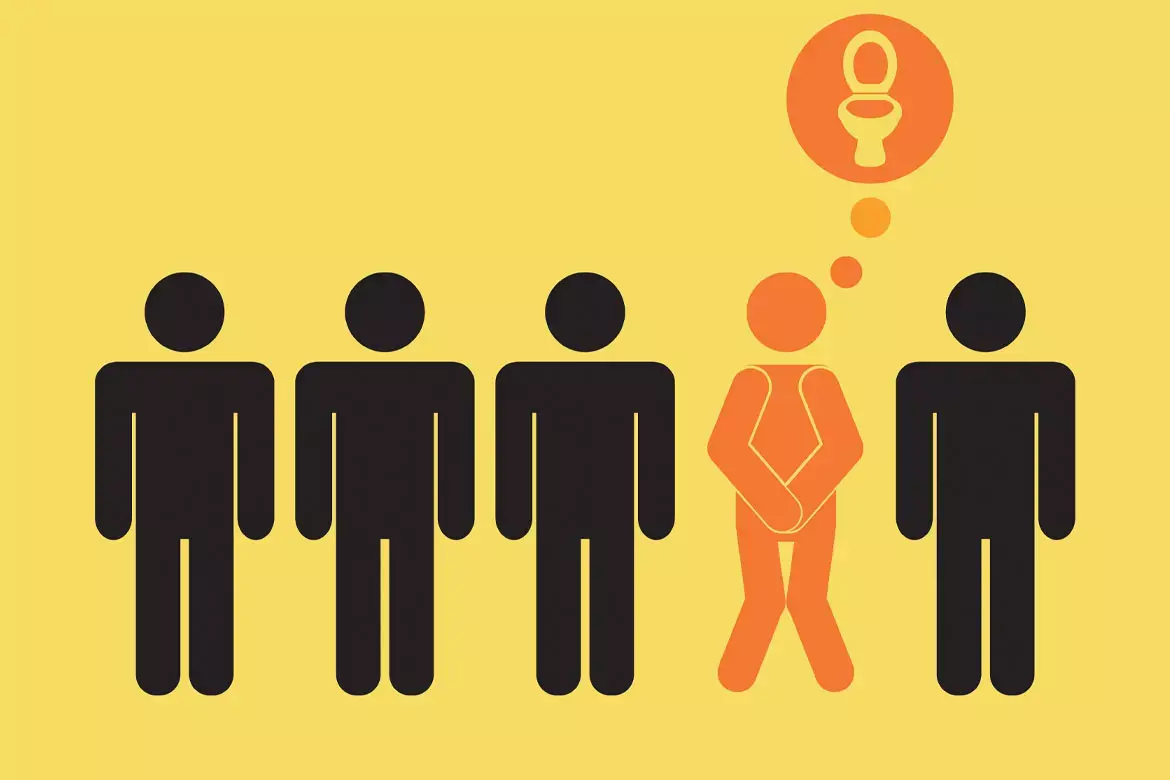- Home
- Medical news & Guidelines
- Anesthesiology
- Cardiology and CTVS
- Critical Care
- Dentistry
- Dermatology
- Diabetes and Endocrinology
- ENT
- Gastroenterology
- Medicine
- Nephrology
- Neurology
- Obstretics-Gynaecology
- Oncology
- Ophthalmology
- Orthopaedics
- Pediatrics-Neonatology
- Psychiatry
- Pulmonology
- Radiology
- Surgery
- Urology
- Laboratory Medicine
- Diet
- Nursing
- Paramedical
- Physiotherapy
- Health news
- Fact Check
- Bone Health Fact Check
- Brain Health Fact Check
- Cancer Related Fact Check
- Child Care Fact Check
- Dental and oral health fact check
- Diabetes and metabolic health fact check
- Diet and Nutrition Fact Check
- Eye and ENT Care Fact Check
- Fitness fact check
- Gut health fact check
- Heart health fact check
- Kidney health fact check
- Medical education fact check
- Men's health fact check
- Respiratory fact check
- Skin and hair care fact check
- Vaccine and Immunization fact check
- Women's health fact check
- AYUSH
- State News
- Andaman and Nicobar Islands
- Andhra Pradesh
- Arunachal Pradesh
- Assam
- Bihar
- Chandigarh
- Chattisgarh
- Dadra and Nagar Haveli
- Daman and Diu
- Delhi
- Goa
- Gujarat
- Haryana
- Himachal Pradesh
- Jammu & Kashmir
- Jharkhand
- Karnataka
- Kerala
- Ladakh
- Lakshadweep
- Madhya Pradesh
- Maharashtra
- Manipur
- Meghalaya
- Mizoram
- Nagaland
- Odisha
- Puducherry
- Punjab
- Rajasthan
- Sikkim
- Tamil Nadu
- Telangana
- Tripura
- Uttar Pradesh
- Uttrakhand
- West Bengal
- Medical Education
- Industry
Synthetic urethral rings benefit women with stress incontinence and neurogenic lower urinary tract dysfunction

A review published in the International Urogynecology Journal found that synthetic mid-urethral slings (sMUS) offers interesting success rates and acceptable morbidity which makes it considerable for the treatment of stress urinary incontinence (SUI) in women with neurogenic lower urinary tract dysfunction (NLUTD).
The study team led by Clément Sarrazin evaluated the safety and efficacy of sMUS in women with NLUTD for the treatment of SUI. The study performed a systematic review of the literature, including MEDLINE, Embase, and Cochrane controlled trials databases from January 1995 to April 2021. Nine studies were included, representing 298 patients, with a mean age of 52 years and median follow-up of 41.3 months.
The primary outcome was the success of the surgery according to study criteria, and secondary outcomes were complications, particularly de novo urgency, urinary retention, tape exposure, and revision for complications. The study found that sMUS insertion was successful in 79.5% of patients, with a median rate of de novo urgency of 15.7%, a median rate of retention of 19.3%, and 21 out of 26 patients required intermittent self-catheterisation. Four cases of tape exposure were reported, and 8 patients underwent a revision for complications.
However, further studies are required to define which patients would be more likely to benefit from this intervention, as well as its place among the other surgical treatments for SUI. The findings of this study suggest that sMUS could be a viable option for the treatment of SUI in women with NLUTD, but additional research is needed to fully assess its efficacy and safety.
Source:
Sarrazin, C., Baron, M., Thuillier, C., Ruffion, A., Perrouin-Verbe, M.-A., & Fiard, G. (2021). Synthetic mid-urethral slings for the treatment of stress urinary incontinence in women with neurogenic lower urinary tract dysfunction: a systematic review. In International Urogynecology Journal (Vol. 33, Issue 4, pp. 767–776). Springer Science and Business Media LLC. https://doi.org/10.1007/s00192-021-04929-1
Neuroscience Masters graduate
Jacinthlyn Sylvia, a Neuroscience Master's graduate from Chennai has worked extensively in deciphering the neurobiology of cognition and motor control in aging. She also has spread-out exposure to Neurosurgery from her Bachelor’s. She is currently involved in active Neuro-Oncology research. She is an upcoming neuroscientist with a fiery passion for writing. Her news cover at Medical Dialogues feature recent discoveries and updates from the healthcare and biomedical research fields. She can be reached at editorial@medicaldialogues.in
Dr Kamal Kant Kohli-MBBS, DTCD- a chest specialist with more than 30 years of practice and a flair for writing clinical articles, Dr Kamal Kant Kohli joined Medical Dialogues as a Chief Editor of Medical News. Besides writing articles, as an editor, he proofreads and verifies all the medical content published on Medical Dialogues including those coming from journals, studies,medical conferences,guidelines etc. Email: drkohli@medicaldialogues.in. Contact no. 011-43720751


